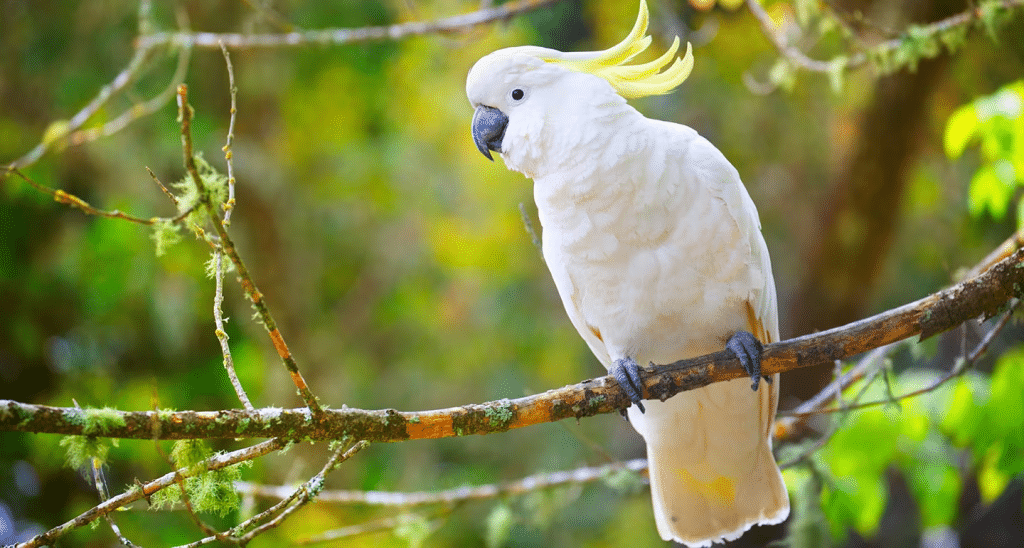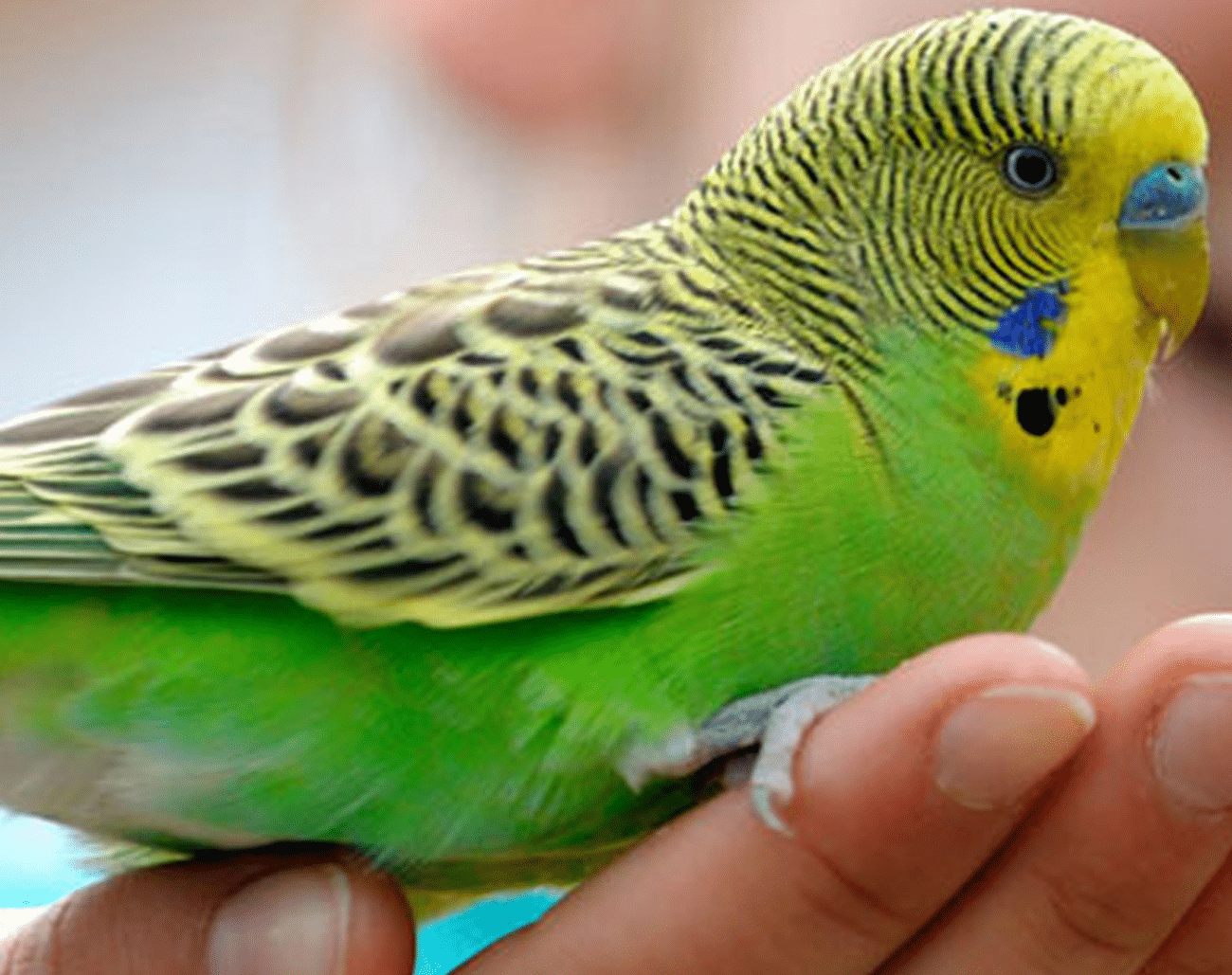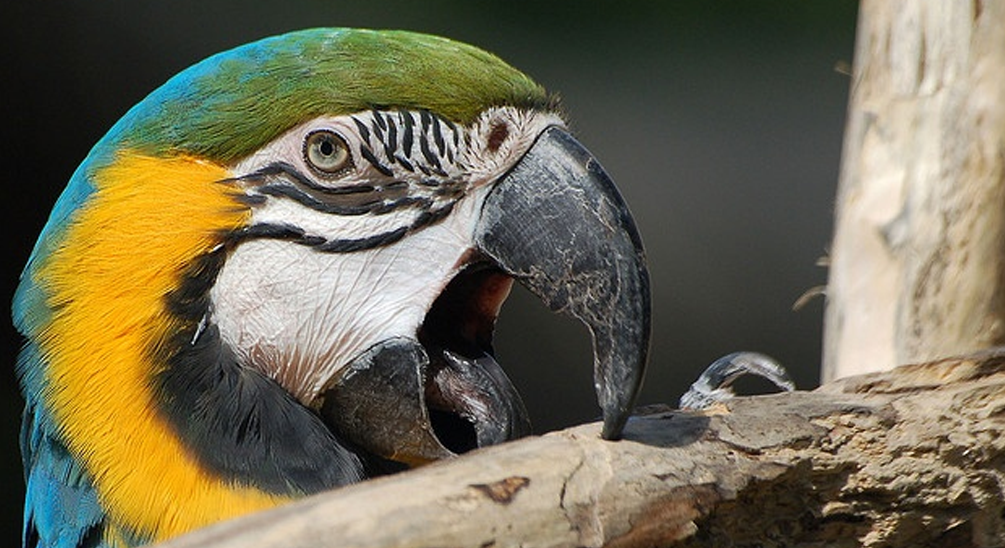Welcoming a bird into your home can be an exciting and rewarding experience. Birds are intelligent, social creatures that can bring joy and companionship to your life. However, owning a bird also comes with responsibilities, and it’s crucial to be well-prepared to provide the best care for your feathered friend. This guide offers essential tips for new bird owners to ensure a happy and healthy life for your pet.
1. Choose the Right Bird Species

Before bringing a bird home, it’s important to choose a species that fits your lifestyle and experience level. Some birds, like budgies and canaries, are easier to care for and are well-suited for beginners. On the other hand, larger parrots like African Greys and Macaws require more attention, space, and care. Research the temperament, lifespan, and specific needs of the bird species you’re interested in to ensure you’re making the right choice.
2. Prepare a Suitable Cage
A bird’s cage is its home, so it’s essential to provide a spacious, safe, and comfortable environment. The cage should be large enough for your bird to move around, stretch its wings, and play with toys. Ensure the bars are appropriately spaced to prevent your bird from getting stuck. Place perches at different heights, and include toys to keep your bird mentally stimulated. Clean the cage regularly to maintain a hygienic environment.
3. Provide a Balanced Diet
Nutrition is key to your bird’s health. A balanced diet typically includes a mix of seeds, pellets, fresh fruits, and vegetables. Seeds should not be the only food offered, as they can be high in fat and lack essential nutrients. Pellets are a good base, providing a balanced mix of vitamins and minerals. Supplement their diet with fresh fruits and vegetables like apples, carrots, and leafy greens. Always ensure fresh water is available.
4. Socialize and Bond with Your Bird
Birds are social animals that thrive on interaction. Spend time each day talking to and playing with your bird. This helps to build trust and strengthens your bond. If your bird is hand-tame, allow it to perch on your hand or shoulder. Be patient, as it may take time for your bird to become comfortable with you. Socialization is crucial for preventing behavioral issues such as biting or feather plucking.
5. Provide Mental and Physical Stimulation
Birds are intelligent creatures that need mental and physical exercise to stay healthy. Provide toys that challenge your bird’s mind, such as puzzles and foraging toys. Rotate toys regularly to keep your bird interested. Allow your bird time outside the cage to fly and explore (in a safe, bird-proofed area) to maintain its physical health.
6. Regular Health Check-ups
Just like any other pet, birds need regular health check-ups. Find an avian veterinarian who can provide routine care, including beak, nail, and feather trimming. Regular visits help detect any health issues early and keep your bird in top condition. Watch for signs of illness, such as changes in appetite, droppings, or behavior, and seek veterinary care if needed.
7. Ensure Safety in Your Home
Your home should be a safe environment for your bird. Keep your bird away from toxic foods (like chocolate and avocado), open water sources, and other pets that might pose a threat. Be cautious of household hazards such as ceiling fans, hot stoves, and open windows. Consider creating a bird-safe room where your bird can fly and explore without risk.
8. Understand Your Bird’s Behavior
Understanding your bird’s behavior is key to meeting its needs. Learn to recognize signs of stress, fear, and contentment. Birds communicate through body language, vocalizations, and behavior. By observing and understanding these cues, you can provide better care and address any issues that arise.
9. Commit to Lifelong Care
Birds can live for many years, with some species having lifespans of over 20 years. Owning a bird is a long-term commitment, so be prepared for the responsibility. Ensure you can provide consistent care, attention, and love throughout your bird’s life.
10. Educate Yourself Continuously
Bird care is a continuous learning process. Stay informed by reading books, joining bird owner communities, and consulting with avian veterinarians. The more you learn, the better equipped you’ll be to provide the best care for your feathered companion.
Conclusion
Becoming a bird owner is a fulfilling journey that requires knowledge, patience, and dedication. By following these essential tips, you can create a loving and enriching environment for your bird, ensuring it lives a long, happy, and healthy life. Remember, the bond you form with your bird will grow stronger with time, making the effort well worth it.
Share this content:




